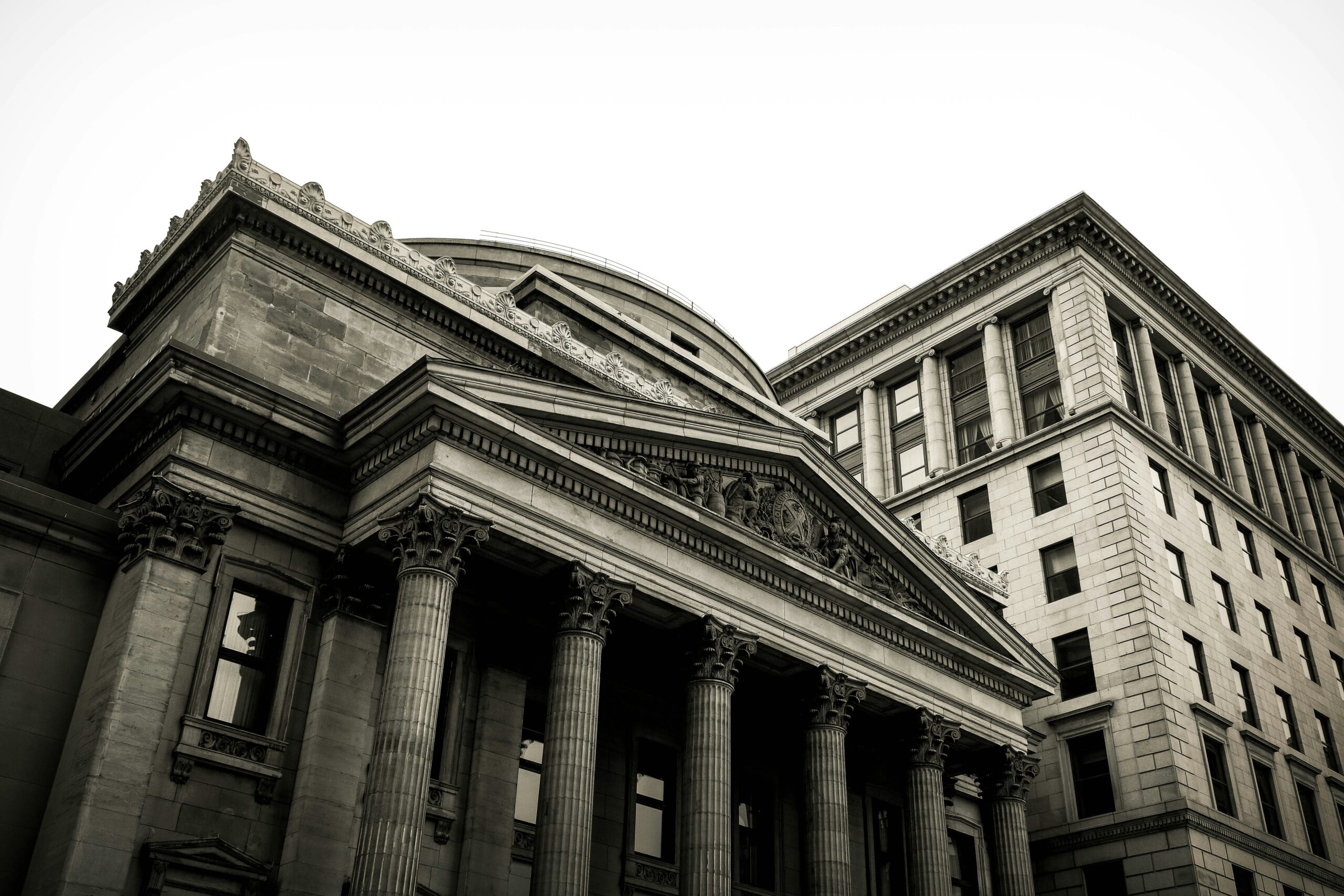In a closely contested decision amid escalating economic challenges, the Bank of England’s Monetary Policy Committee (MPC) opted to maintain the key interest rate at 5.25%, marking the highest rate since the 2008 financial crisis. This decision came after unexpected data on Wednesday showed a decline in inflation for August, pausing the Bank’s intense series of rate hikes, which saw 14 increases since late 2021.
The decision revealed a division at the top levels of the Bank, with the nine-member MPC split 5-4, where a minority advocated for an additional quarter-point increase. Governor Andrew Bailey provided the crucial vote to pause, stating, “Inflation has fallen a lot in recent months, and we think it will continue to do so. That’s welcome news. But there is no room for complacency,” highlighting the Bank’s readiness to act further if needed to ensure inflation stabilization.
Following the announcement, financial markets seemed to anticipate the end of the Bank’s tightening cycle, evidenced by major UK banks, including Nationwide, lowering their mortgage interest rates in response to the expected halt in rate adjustments.
Chancellor Jeremy Hunt expressed optimism, noting, “Britain was “starting to see the tide turn against high inflation,” reinforcing the government’s commitment to reducing inflation by half within the year. “Now is the time to see the job through,” he added.
Despite the pause, it’s anticipated that borrowing costs will remain elevated for an extended period as the Bank seeks to bring inflation back to the government’s 2% target without driving the economy into a downturn.
The Bank of England cautioned about increasing economic risks, exacerbated by the strain of prior rate hikes on households and businesses. It projected a modest uptick in economic output for the third quarter and anticipated growth in the latter half of the year to be “weaker than expected.”
The financial sector had been uncertain ahead of the Bank’s decision, with predictions indicating a close call for a quarter-point increase. This underscores the Bank’s challenge in navigating through a phase of persistent inflation and weakening economic performance.

